Nashville Mayor David Briley does not plan to fire Police Chief Steve Anderson.
Additionally, a November referendum calling for a community oversight board over Nashville police is apparently still a go. This, despite the members of the Nashville Fraternal Order of the Police expressing disapproval with the proposal.
According to U.S. News & World Report, members of the group Nashville Organized for Action and Hope want Briley to fire Anderson after the July killing of Daniel Hambrick.
In that case, a video camera recorded a Nashville police officer, Andrew Delke, shooting Hambrick in the back as he ran away from him. Delke said Hambrick had a gun but he wouldn’t drop it.
According to NOAH’s website, a coalition of different community organizations and labor unions in Nashville make up the organization.
Briley’s spokeswoman Judith Byrd gave The Tennessee Star the mayor’s written statement on Anderson.
“The chief has agreed to work with us on the policing project, and I have his full cooperation in identifying ways to better police the community. I have his commitment to see this through.”
Nashville FOP spokesman James Smallwood told The Star in an emailed statement that Anderson should stay.
“While the FOP and Chief Anderson have had several differences over the years, suggesting he should be fired as a result of this incident is not reasonable,” Smallwood said.
“There is nothing the chief could have done to prevent a dangerous felon in the commission of a crime from brandishing a gun in a neighborhood while running from police. Any discussion regarding Anderson’s job status should be apart from this incident.”
As for the scheduled November referendum, members of the Davidson County Election Commission scheduled that by a 5-0 vote after people gathered 4,801 signatures on a petition asking for it, according to WSMV. That’s about 100 more than needed to hold a referendum, the station went on to say.
Byrd referred questions about the referendum to Metro Nashville’s legal department. No one in that office returned messages for comment Monday.
NOAH spokesman Kyle Mothershead told The Star in an emailed statement the proposed charter amendment requires four out of 11 board members live in economically distressed communities. Seven of the 11 members could live anywhere in the county, Mothershead said.
Smallwood, though, said Metro Nashville officials already hold police “to the highest standards of professionalism.”
“Nationwide, 8-10 percent of complaints against police are found to have some merit. MNPD holds its officers accountable at an even higher rate — at a rate of 36 percent of complaints having some merit,” Smallwood said in his email.
“Because of this high level of professionalism and accountability, we do not believe a community oversight board is necessary, especially when it will cost the taxpayers more than $2 million.”
The referendum, Smallwood went on to say, has no standards for hiring and training and excludes representatives from many neighborhoods in Davidson County from participating.
“It does not allow the valuable perspective of law enforcement professionals to participate,” Smallwood said.
“The current proposal is a redundant layer of bureaucracy in Nashville where accountability already exists.”
– – –
Chris Butler is an investigative journalist at The Tennessee Star. Follow Chris on Facebook. Email tips to [email protected].

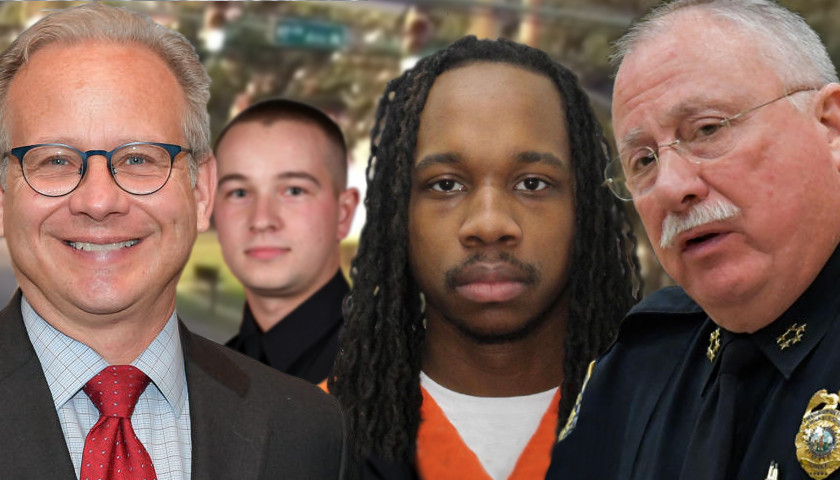
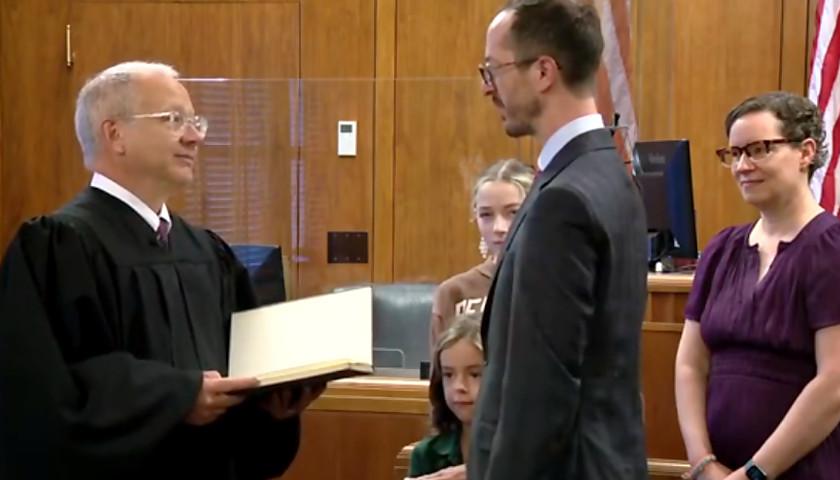
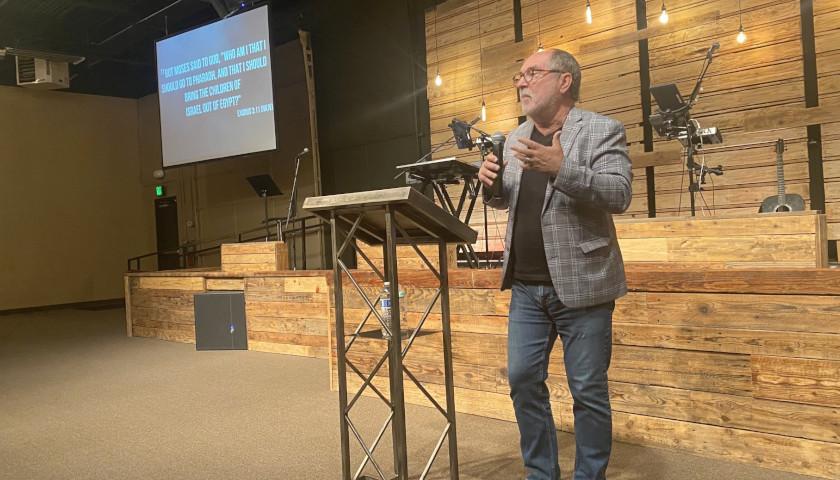
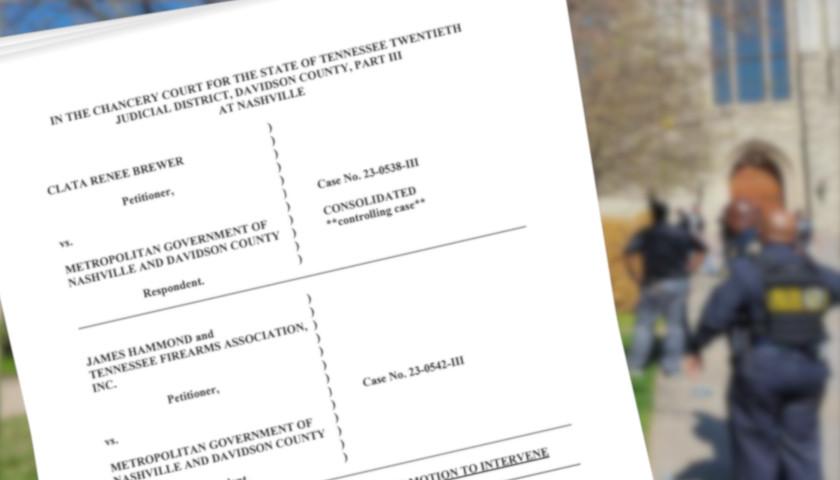
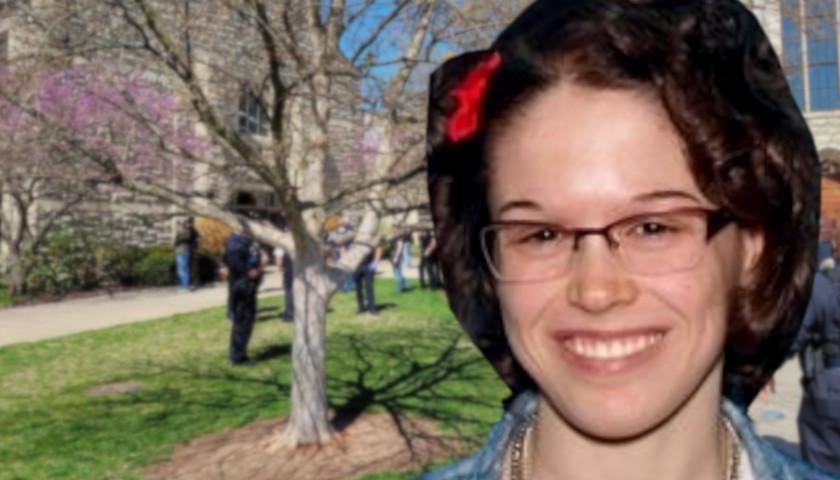
[…] As reported, Nashville Fraternal Order of the Police spokesman James Smallwood said Metro Nashville officials already hold police to the highest standards of professionalism. […]
Hold on! 36% of complaints have “some merit”? Off the top of my head, that statement has one of two meanings. You can translate that statement to say that Nashville has four times as many “problems” with it’s policing, OR, we have such a nit-picking definition of “merit” that four times as many complaints have it. At face value, such a statement reduces the public trust of the police department.
I agree with Smallwood in that it would be expensive, especially for a city that “cannot afford” to give it’s employees a promised raise. I also agree that the extra layer of bureaucracy would be unnecessary. In the long run, such a board would “run off” current police officers, either to other police forces, or to leave the profession altogether.
By the way, how does this board determine the special “economically distressed communities” from which four board members are mandated to be from? I do not want to be the person holding the red pencil that draws those lines. Once such “communities” are established, other political issues can arise. We have enough problems with “protesters” and groups like NOAH, we don’t need to legitimize a martyr complex for them, as well.
Ladies and Gentlemen, this vote is a polite, and politically sanctioned, way to tell groups like NOAH to “shut up.”